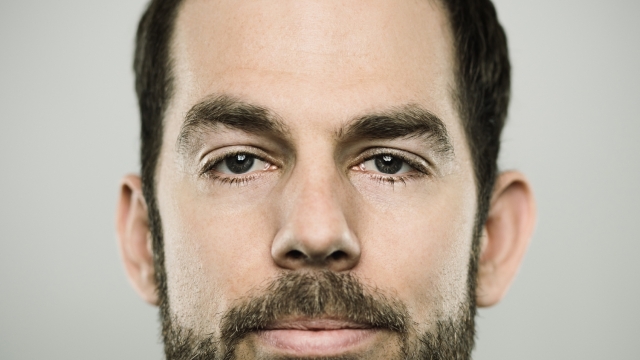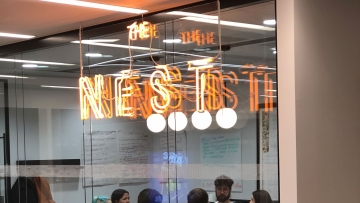The paradoxes of modern man
Alun Williams

These are the best of times. These are the worst of times.
If you're a man, that is.
Or at least it certainly feels that way.
From #MeToo to on-going discussions around the gender pay gap - every week brings a fresh example of toxic masculinity. However, behind the high profile headlines lie some jaw-dropping statistics:
- 84 men take their lives every week in the UK*
73% of adults that 'go missing' are men**
87% of rough sleepers are men***
95% of the prison population is male****
Something is wrong, but what is it? Is it as simple as saying that men just don’t know how to express themselves or are unable to talk or release the pressure they are feeling in a healthy way?
Hearst reaches 1 in 5 men so these issues are important to us. To better understand our audience and to gain greater insight into what is going on in their lives following so many recent cultural shifts, we commissioned global brand experts Hall & Partners to embark on a multi-phased research project. A survey of 1,500 men was brought to life with an ethnographic deep dive into the lives of Esquire readers, Men's Health readers and nationally representative men.
We discovered that men are confused as to how they should act and behave, what they should think and how best to balance everything in their lives. While some men have adapted to the new paradigm, others are struggling.
The 4 Paradoxes of Modern Man
1. There has never been more freedom, but there have never been more constraints
The opportunities for men to be who they want to be today are endless. However, there are now far greater expectations on how they should act and 'new' behavioural frameworks in which to operate that differ vastly from what was deemed acceptable behaviour in the past. There is a feeling that stepping outside of these new norms may have serious consequences, leading to confusion among men.
2. Despite their changing lives, the brands they admire are traditionally male
Surprisingly we found that men that viewed themselves as 'new men' still preferred to wear, use and drive more 'traditional' brands.
3. Although the world has changed, the way that advertising speaks to men hasn't
Men do not feel that they are being accurately represented and depicted in media and advertising. Lad culture, chauvinism and misogyny were all identified as negative depictions. Positive portrayals do exist - celebrities talking about mental health and depression, for example, is a sign that a shift is occurring.
4. Everyone is talking about men's mental health, apart from men to each other
Despite growing awareness of the importance of men’s mental wellbeing, men are still struggling to talk about their feelings. A staggering 92% feel that mental health is something that men will overlook.
These paradoxes are at the very heart of what it means to be a man today. At Hearst, we understand this. We've been talking to men for decades. If you want to talk to men in a credible, relatable way, start with us.
Sources : *CALM/Project 84, **University of York/National Missing Persons Helpline, ***Crisis, ****House of Commons Library Prison Population Statistics
Join the conversation
Get in touchAlun Williams
Alun oversees Hearst’s market-leading portfolio of men’s lifestyle and health & fitness brands – Esquire, Men’s Health, Women’s Health, Runner’s World and NetDoctor.




